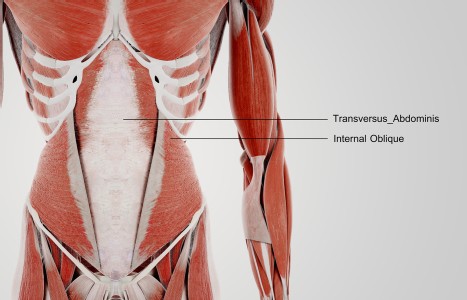TrA-2, my primary needle location, I needle 95% of the time and I think it works the best. You’ll know you have the right point location when you discover the muscle twitching when applying electric stimulation.
The International Acupuncture Brigade: Report From Chiapas
The International Acupuncture Brigade (formerly known as The Honduras Healing Recovery Project) has just completed another training project, this time in Chiapas, Mexico, which was seriously affected by Hurricane Stan in 2005. This event received very little publicity, perhaps due to the fact that there is hardly any foreign trade in the region, and because it is a neglected, poor indigenous area. The brigade taught 50 medical personnel, including 17 indigenous healers. The remaining trainees were medical doctors and nurses. Treatments were offered to affected community members.
Della Estrada, LAc, is now heading the brigade. She had participated in previous trainings in Honduras; upon hearing of the tremendous devastation from a friend in Chiapas who heads the nonprofit organization Sexto Sol, plans went into action to mobilize the brigade. The brigade's mission has always been to implement self-sufficient programs wherever it gets invited, and to take experience bilingual acupuncturists who have many years of clinical and teaching experience. On this mission, Della, Rusty Klobas, LAc (who had participated in four of the previous trainings in Honduras), Susan Pistawka, LAc, and myself were the brigade members. Teaching plans were made to quickly impart in a group setting a five-needle protocol along with qigong, meditation techniques, use of moxa, auricular history and other therapeutic tools.
We also had the chance to supervise the trainees who were offering the auricular protocol to community members in a circle setting. It may be said that cultural competency and organizational development skills were useful in dealing with the issues of class, racism and gender differences, allowing for a more conducive teaching environment. One of the most rewarding feedbacks for the acupuncturists was how, during the last day, there already was discussion of the respective trainees setting up their own groups and meetings to continue giving treatments among themselves and to organize themselves as to how they would proceed to take auricular therapy treatments to the smaller neglected communities in the Sierra Madre.
Another interesting fact in this particular setting is that the psychological trauma had begun with Hurricane Mitch when the first acupuncture brigade was formed. The greater physical devastation occurred last year, which made for a cumulative effect of psychological despair. The sense of loss to so many who had lost their only sources of livelihood - their crops, their fields and their homes - made things appear hopeless.
For me, this was like a déjà vu experience, seeing much of what had also occurred in Honduras after Hurricane Mitch. I remember what feelings of helplessness had crossed my mind as I had watched on TV as to how Mitch had killed and devastated many in Honduras (my country of origin), but remembered also the great satisfaction one experiences in empowering others with our acupuncture tools in such traumatized settings. It appears that one's own cultural roots really are stirred on such occasions. The importance of working with local mores, customs and traditions can only continue to open up our form of medicine in a manner that is welcomed in familiar settings.


